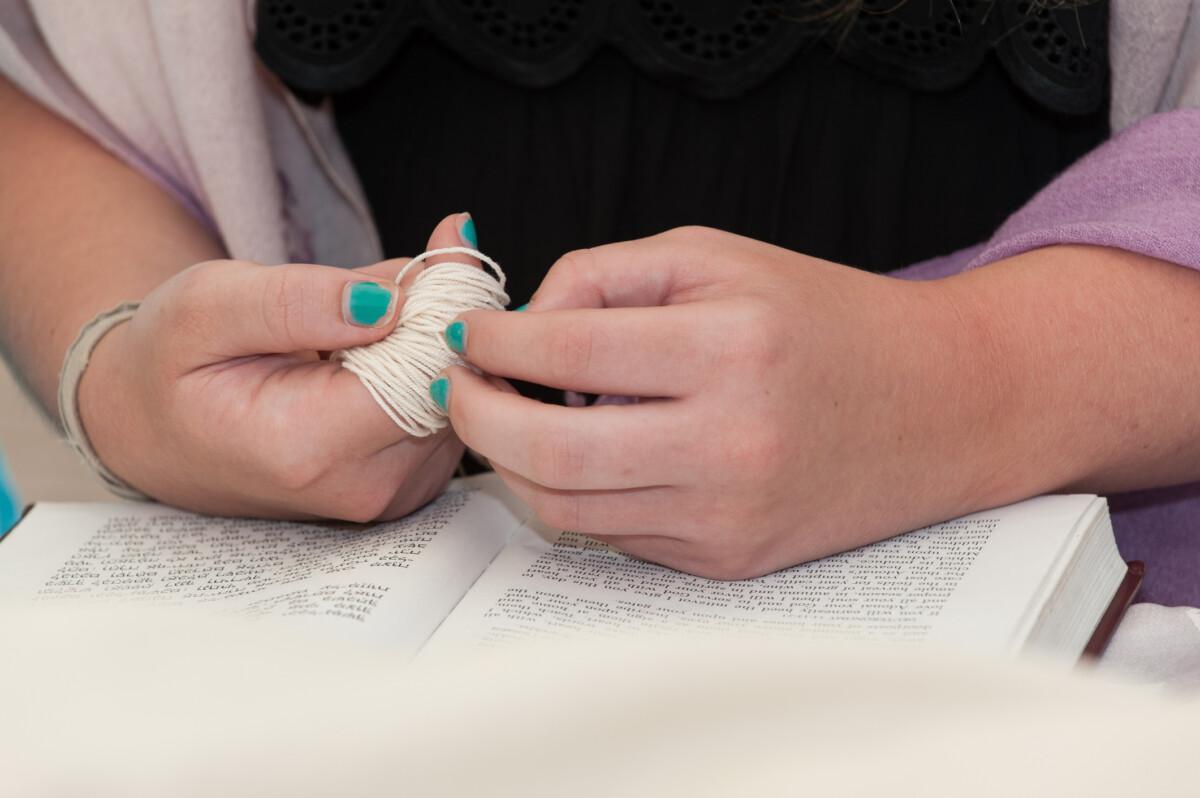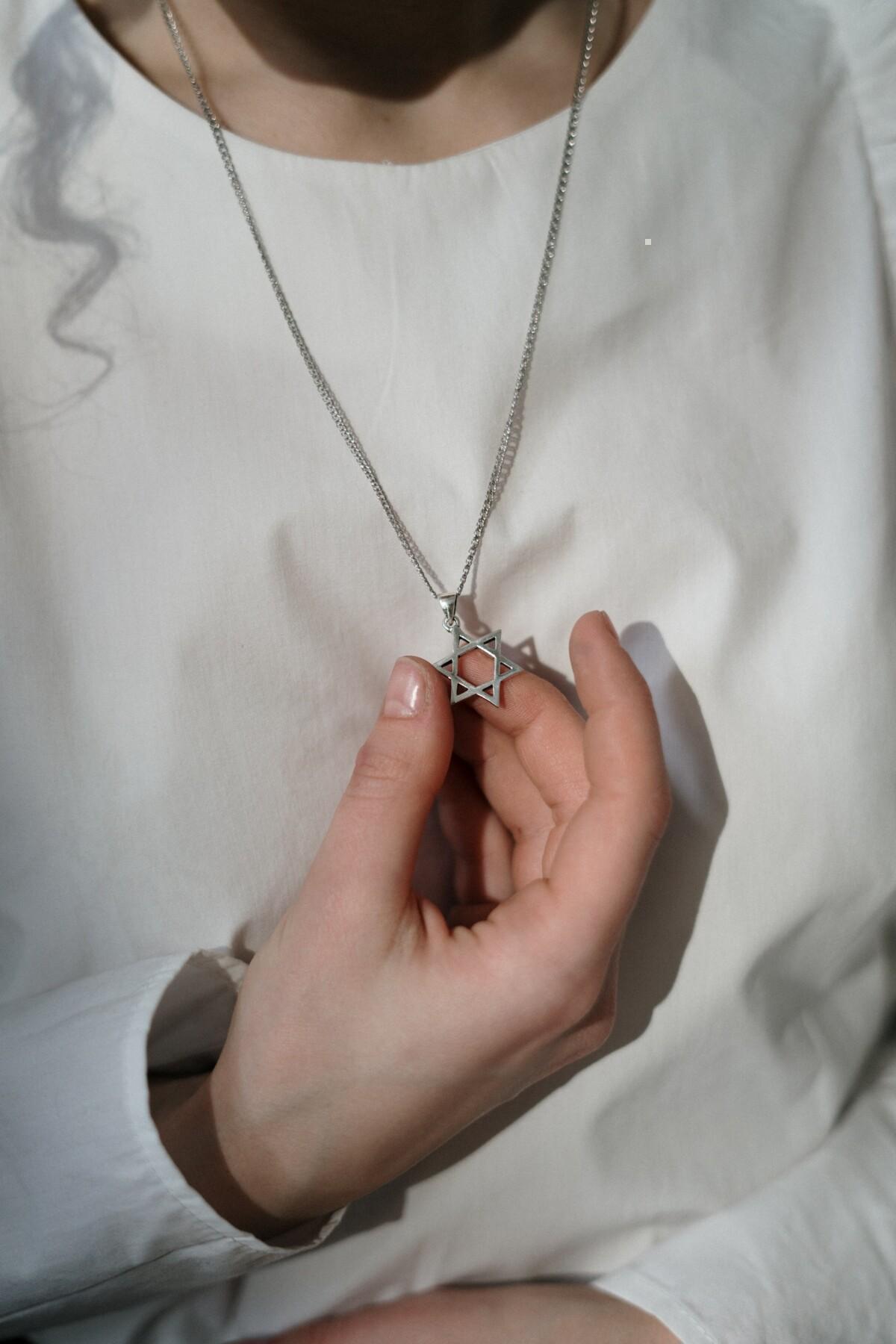
What’s in a Hebrew Name? A B’nai Mitzvah Call to Action
By Drew Isserlis Kramer
In a Kindergarten school yard, my son heard a rumor that he is not really Jewish if he does not have a Hebrew name. Shocked, he returned home demanding to know his own religious moniker. With shame, his father and I admitted that he didn’t have one–yet. Typically, a Jewish boy receives his Hebrew name at his bris, the ritual circumcision occurring eight days after birth. A Jewish girl receives hers at a baby naming ceremony during her first year of life. Since our boys were circumcised by doctors in the hospital, we never got around to the business of naming. Now, with a fire lit by peer pressure, we sought guidance from our home synagogue. Do we just pick one? Raised without much religion, I didn’t have a naming ceremony or a b’nai mitzvah to inspire selection. Finding faith later in life, I still feel like a bit of an outsider at Jewish life events that reference a Hebrew name. At my wedding, I felt a touch of embarrassment when I signed my ketubah (the Jewish marriage contract) with my English name. At b’nai mitzvahs, I feel a twinge of envy when I hear a child called to the Torah by an alias ringing with culture and family history. If your child is gearing up for a b’nai mitzvah without a Hebrew name, read on to understand the significance of the naming tradition and how to select one before the big day.
Connecting Generations of Family Long After the B’nai Mitzvah
An Ancient Tradition
In Judaism, names are more than a way to distinguish one person from another. The Torah and its interpretations teach us that the name is key to the soul. Names tell a story–our story. As Jews, our story begins with a sense of separateness and belonging. A Hebrew name unites us with our people and our history, but also reflects a distance from the mainstream society that surrounds us. As a result, the Jewish practice of double naming, selecting one from the Jewish tradition and one from the surrounding non-Jewish culture, has ancient origins. First evidence of the practice came from the region that is present day Israel. During the time of the Second Temple (140 BCE to 37 BCE), when Greeks ruled the region, Jews of the day put their Hebrew name first and a Greek name second. As control of the region changed from dynasty to dynasty, and Jews fled to other territories, the double naming practice continued, while naming conventions shifted.
Today, Jews typically select a Hebrew name that honors a deceased relative. The child will take the whole Hebrew name or the parents will select a new one with a similar sound. In some cases, the parents will also choose a secular name that uses the same letter or sound as the person honored. For example, my son’s name Harrison is after his grandparents, Herbert and Helen. His Hebrew name Haim, meaning life, reflects his passion and energy, but also roots him in his family history.
A Ritual Purpose
Hebrew names serve a particular purpose in Jewish prayers and ritual. Whenever Jews are called to read from the Torah, they are identified by their Hebrew name and that of their father (and occasionally mother). Using the the word “ben” or “bat,” meaning “son of” or “daughter of,” Jews link the Hebrew name of the individuals that brought them into Jewish life. For example, my son Harrison will be called Haim ben Osher, his father’s Hebrew name. The reference to family lineage creates a link on a chain to ancient times. In daily prayers, and during Jewish life cycle moments, this intergenerational Hebrew name plays a part. From bris or baby naming to b’nai mitzvah to a wedding Ketubah to prayer for recovery from illness to marking a grave to honoring the anniversary of the deceased, the Hebrew name calls these souls from our lips to God’s ears.
A Name for Interfaith Families
Naming becomes complicated when one parent is not Jewish or the family and/or child converted. Traditional circles would not use the name of a non-Jewish parent in a Hebrew name. Rather, they would select biblical names for themselves and their parents. For example, the child might be Ruth bat Avraham v’Sarah because Ruth is the daughter of Sarah and Abraham in the Bible. This is not to exclude or insult the child’s biological parents, but to connect her to Jewish history. That said, in some Reform congregations, the synagogue will honor a non-Jewish parent’s name in the naming structure.
A Name Fit for a Teen
When naming a baby, only the parents have a say. For a rising teenager, there is another extremely vocal cook in the kitchen. Include your tween in the selection process. Are there relatives your child wishes to honor? Are there biblical characters with stories that resonate? Talk about the sentiments that went into choosing the English name, and whether those same qualities are important or observed in the child today. Work with your clergy and temple personnel to select a name with meaning. Once chosen, honor the decision with a blessing at a Friday night or Saturday morning service. This is also an occasion to mark with celebration.
If your family neglected to select a Hebrew name, remember that it is never too late. Once the b’nai mitzvah milestone passes, the name is a gift that continues to give. In Judaism, reciting the name created from the combination of sacred Hebrew letters is a spiritual call. In my Jewish journey, I’ve come to learn that a Hebrew name is a conduit of connection to a higher power. As I created meaningful names for my children, I took the opportunity to select one of my very own. Today I am Tzpora, Hebrew for bird and the free-spirited, fearless mother of Moses’ two sons. Her story connects with my spirit animal and links me to the long and fascinating history of the Jewish people. If you have the unique opportunity to pick a Hebrew name for a child entering adulthood, give the gift of a title rooted in family history and a prophecy for the future. A name is a story–-a call to arms.



